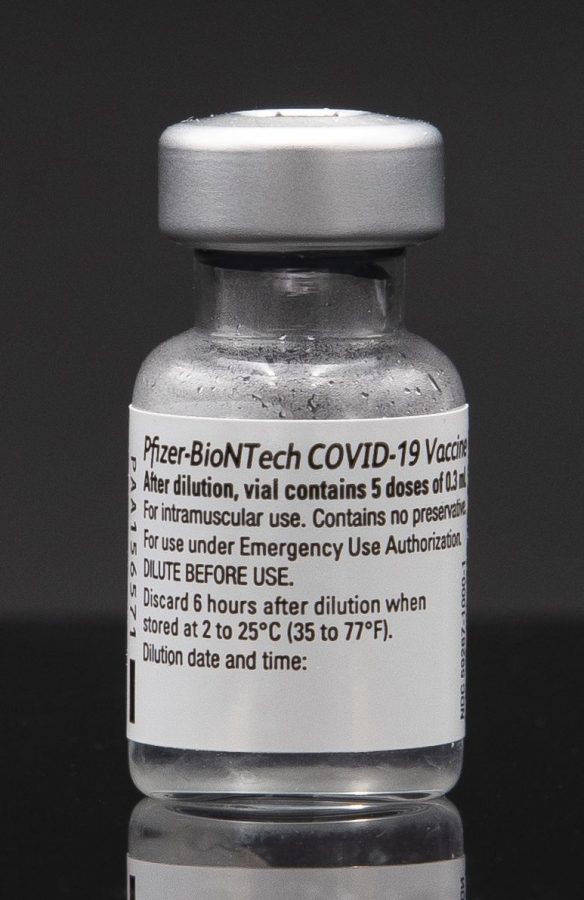Expectations for the Pfizer Vaccine’s Second Dose
As the distribution of Pfizer-BioNTech’s COVID-19 vaccine is becoming more widespread, it is imperative to learn about possible side effects. The second dose of Pfizer’s vaccine is administered three weeks after the first dose. Studies have shown that more people are feeling minor symptoms after the second dose than the first.
The first dose is designed to be a primer for your immune system, generating white blood cells that can battle the disease. The second dose is a booster shot, generating white blood cells that can remember and recognize the virus in the future, which explains the more apparent symptoms being felt after the second shot.
Such symptoms embody those of the typical flu: including fatigue, headaches, chills, muscle pains, body aches, and fevers. It is possible to experience these symptoms the first time around, although the probability of feeling them after the second dose, or booster, is much higher.
Dr. Douglas Drevets, University of Oklahoma Medicine’s Chief of Infectious Disease, explains his reactions to each of the doses. He mentions, “After the first dose, I pretty much had a sore arm for two days. But that was about it.”
He then elaborates on his experience after the second dose of the vaccine: “I developed a headache about two and a half hours later that lasted, you know, about 24 hours. And then, I also developed some fatigue as well.”
The immune response that produces effects on the body is commonly felt by many newly vaccinated people. They are typically mild and are gone in about 48 hours or less.
However, the symptoms take a toll on each person differently.
Dr. Nathan Smith at the University of Tennessee Medical Center explains how he felt after the second dose: “I felt like I was drained down to like 30 percent […] Enough to do normal functions, but didn’t have any motivation to do anything other than take a good nap.” Smith’s symptoms cleared up within a day.
Although the range of symptoms is inconsistent on an individual basis, all those who have been vaccinated can all agree on one statement: getting vaccinated and acquiring immunity, along with a day or two of minor cold symptoms is better than being stuck in the Intensive Care Unit (ICU) for two weeks or more at a time, struggling with the aggressive symptoms of COVID-19.
Krista Robinson, an ICU nurse who also works at the University of Tennessee Medical Center, communicates her desire for the public to be on board with the vaccine. “I would take this vaccine again and again if it meant that I didn’t have to experience some of the difficulties and some of the suffering we’ve seen in the ICU.”
It is evident that most essential workers feel so strongly about encouraging people to become vaccinated, given the disheartening experiences with COVID patients that they have endured at their hospitals for the past months. Experiencing the constant sadness and defeat in hospitals firsthand is an experience most ordinary people are not emotionally equipped for.
Therefore it is imperative to listen to these medical workers, who sacrifice their lives for patients every day and receive the vaccination. After all, a day of inconvenience trumps a multitude of days filled with pain.
Though the thought of experiencing flu-like symptoms after completing both doses of the vaccine may intimidate some people, they need to realize that getting vaccinated will not only provide them with immunity but will also contribute to achieving herd immunity, benefiting the greater community and world as a whole. Through vaccination, we can revert back to our normal lives in a hopeful future.

Hailey is a senior who is thrilled for her fourth year at The Banner, and third as the Harriton News Editor. Outside of the Banner, she is captain and...


